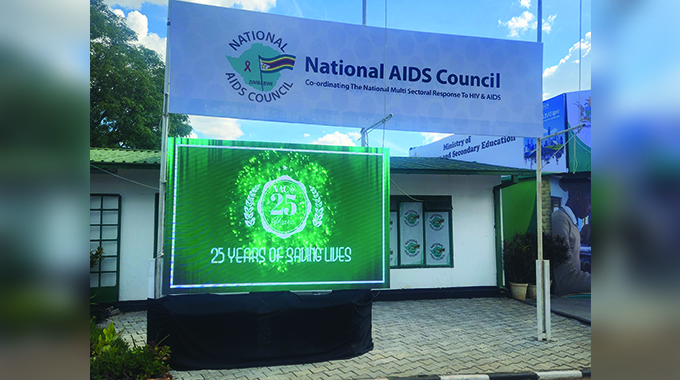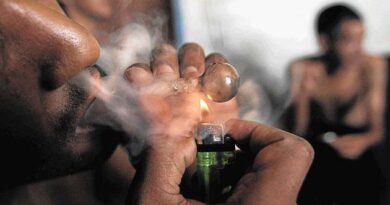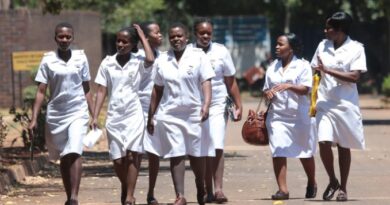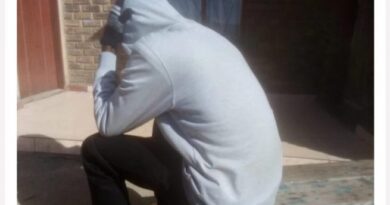SHOCKING: 10-Year-Olds On STI List! . .Cases skyrocket in Bulilima
A SHOCKING spike in sexually transmitted infections is tearing through Bulilima, with even children aged between 10 and 14 being diagnosed with STIs.
Fresh statistics from the National Aids Council (Nac) show that youths aged 20 to 24 are topping the STI charts. A total of 186 cases were recorded in that age group between January and August, split evenly between young men and women at 93 each.
Not far behind are young adults aged 25 to 29, who recorded 162 new cases, with men accounting for 92 and women 70.
The worrying part is that teenagers are deep in the mix.
Under the 15 to 19 age group, 109 STI cases were recorded. Females carried the heavier burden with 66 cases, compared to 43 among males.
Even more alarming, four children aged 10 to 14 tested positive for STIs, raising questions about abuse, peer experimentation and lack of supervision. Statistics for their infection rates were not availed.
Among those aged 30 to 34, men again outnumber women with 61 cases, while women recorded 38.
The pattern is not unique to Bulilima. Across in Mangwe District, 125 youths aged 20 to 24 tested positive for Syphilis. The 15 to 19 group recorded 65 cases, while 42 cases were identified among those aged 30 to 34.
Nac Bulilima District Aids Co-ordinator Ronald Hanyane, described the trend as deeply concerning.
“The high cases of STIs among youngsters is worrisome and we have several programmes that educate them on HIV prevention and preventing against STIs,” said Hanyane.
He said teenage girls are particularly vulnerable because of harsh socio-economic realities.
“There are a lot of issues that put young girls at risk such as poverty, living with little supervision, dropping out of school and walking long distances to schools among others. Our programming is also targeting young men,” he added.
A disturbing trend is emerging: “For ages below 24, females account for most STI cases and for ages 25 upwards, males account for most cases. These males above 25 will be targeting these young girls,” said Hanyane.
Community health workers are urging parents, schools and churches to step in before the situation spirals further. State media




